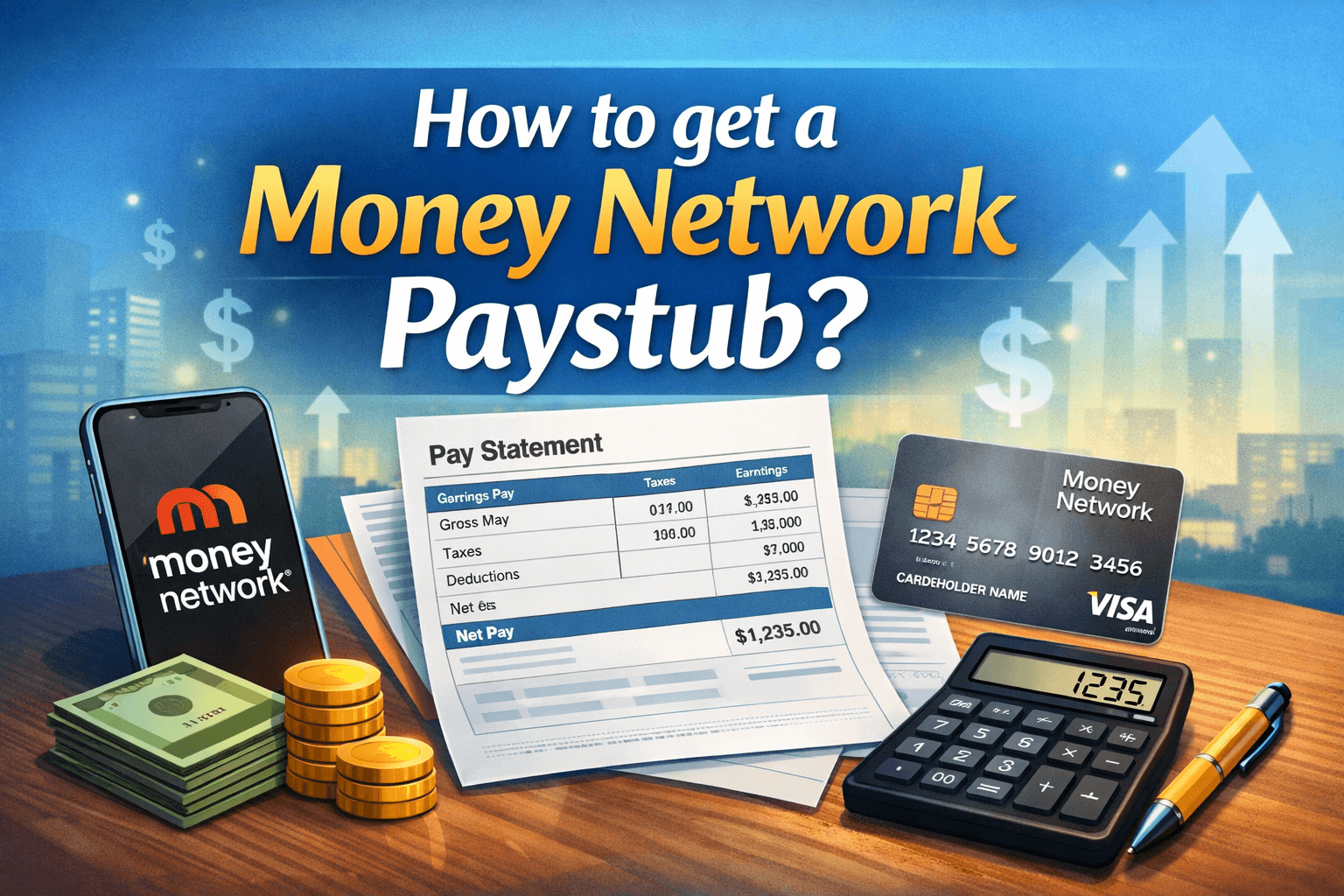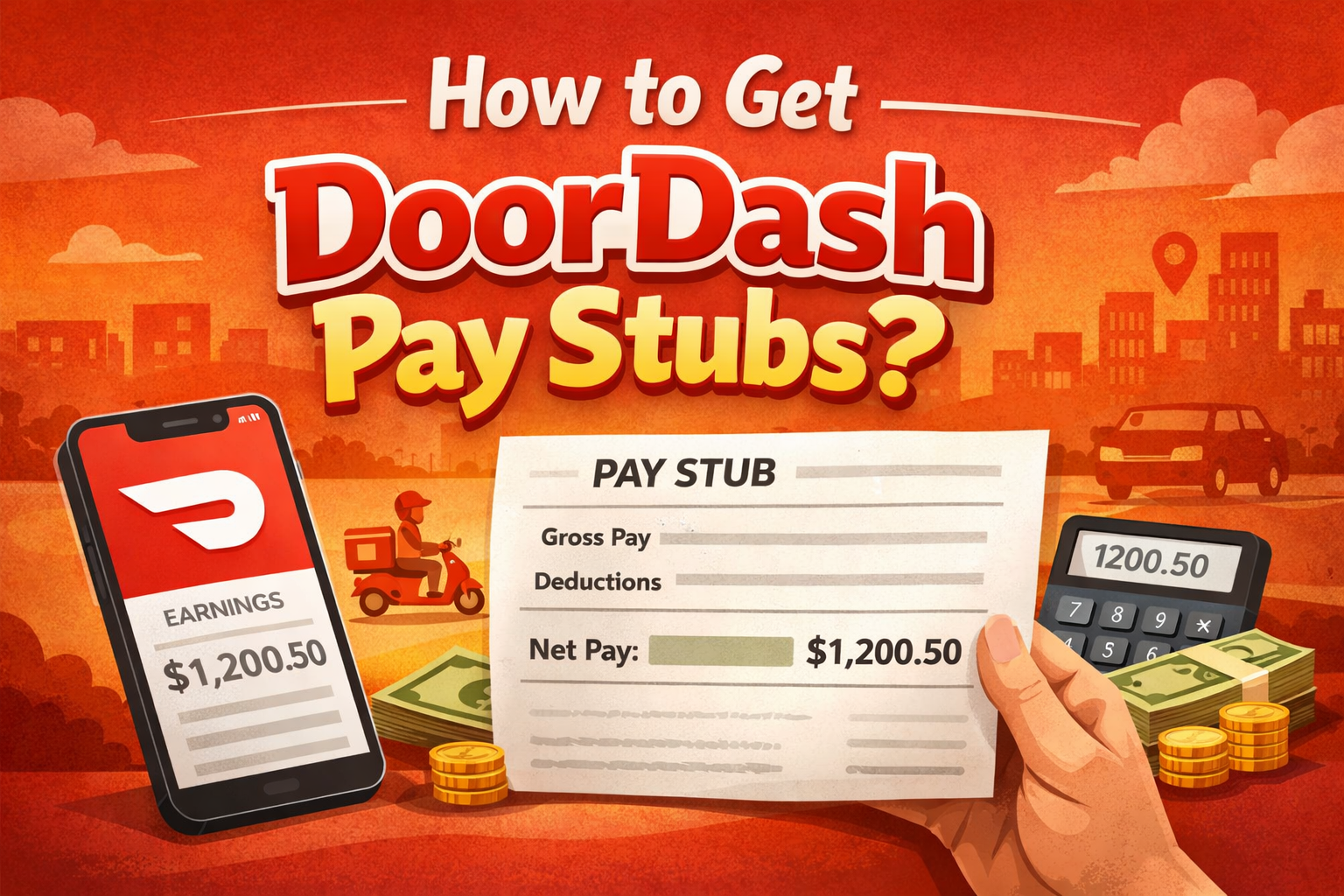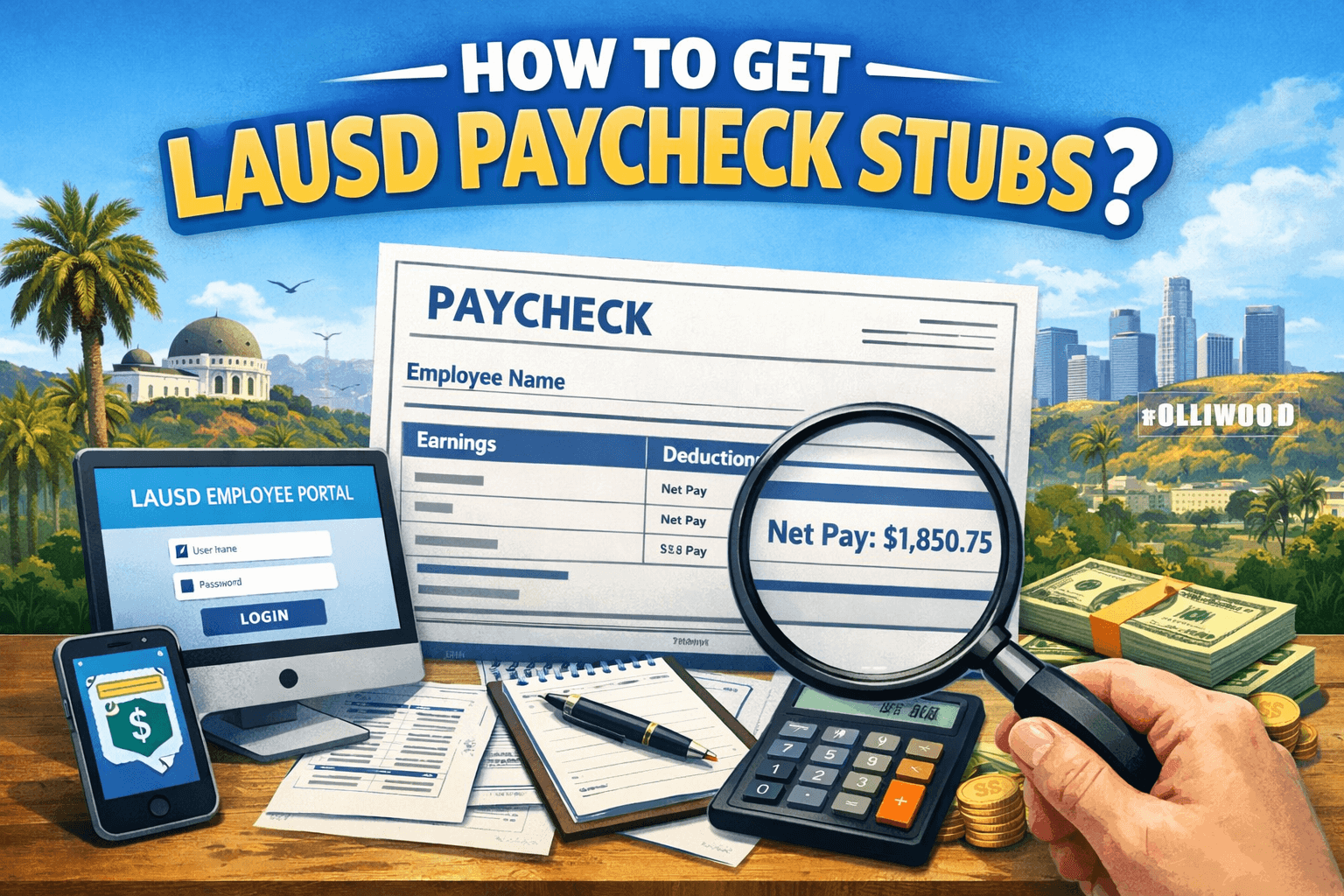What is Employer
An employer is a person, company, or organization that hires people to work for them. Employers pay wages or salary, withhold taxes, and may also provide benefits like health insurance or retirement plans. Simply put, if you have a job, the one who gives you that job and pays you is your employer.
Employer Responsibilities
Employers have different duties depending on their size and industry, but some common responsibilities include:
- Paying employees on time with accurate paystubs
- Withholding and sending payroll taxes to the IRS
- Following labor laws and safety rules
- Offering benefits like health insurance, 401k plans, or accrued leave
- Providing documents such as a salary certificate if requested
Employers also report wages for tax purposes. For example, workers might get a 1099-NEC if they are independent contractors or a W-2 if they are regular employees.
Employer vs Employee
- Employer → the one giving the job and paying wages
- Employee → the one doing the job in exchange for wages
Employers make the hiring decisions, set workplace policies, and cover taxes like Social Security and Medicare on behalf of their employees.
Employer Identification Number (EIN)
Most businesses need an Employer Identification Number (EIN), which is like a social security number but for companies. The IRS uses it to track payroll taxes and other filings. Sometimes businesses may also need a 147C letter to verify their EIN.
Employer Taxes
Employers are responsible for paying part of payroll taxes, such as Social Security and Medicare, along with unemployment taxes. They must also file reports like Form 1094-C if they provide health coverage.
Why Understanding “Employer” Matters
Knowing what an employer is helps you understand your rights and responsibilities at work. Whether it’s learning about federal holidays, understanding union dues, or tracking your hours and pay, your employer plays a direct role in all of it.
Final Word
An employer is more than just a boss – they handle payroll, benefits, and taxes that keep work running smooth.
Whether you’re an employer managing staff or self-employed paying yourself, accurate records are important. Use our simple Online Pay Stub Generator to create professional paystubs in minutes.
FAQs
Q1. What is the definition of employer?
Ans: An employer is any person or organization that hires and pays workers.
Q2. What are employer benefits?
Ans: Common benefits include health insurance, dental insurance, retirement savings like a 401k contribution, and paid leave.
Q3. Can a person be both employer and employee?
Ans: Yes, self-employed people are considered their own employer while also being the worker.
Q4. Why does an employer need EIN?
Ans: The Employer Identification Number is required for taxes, hiring staff, and opening a business bank account.







